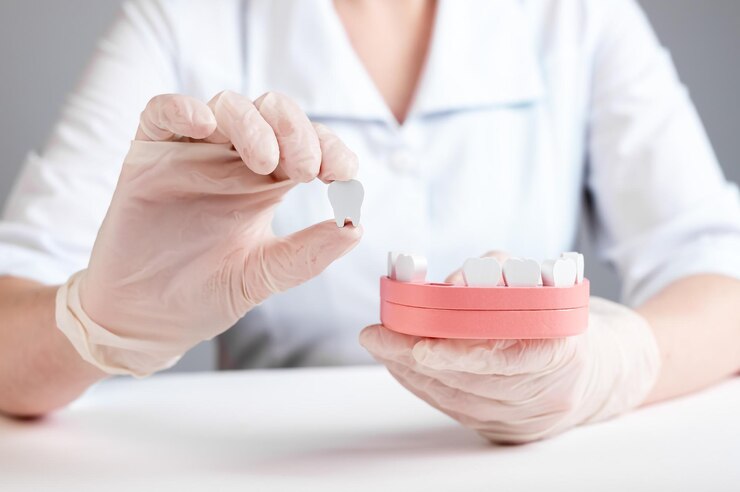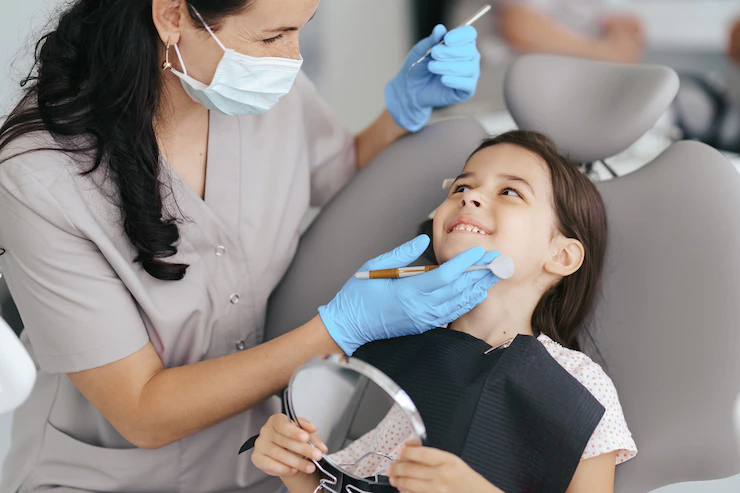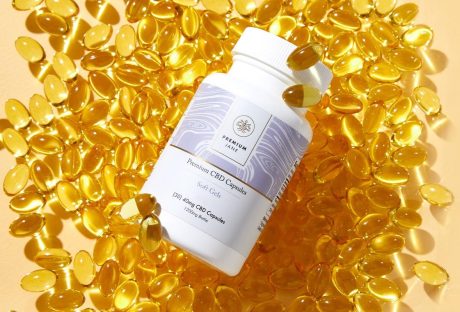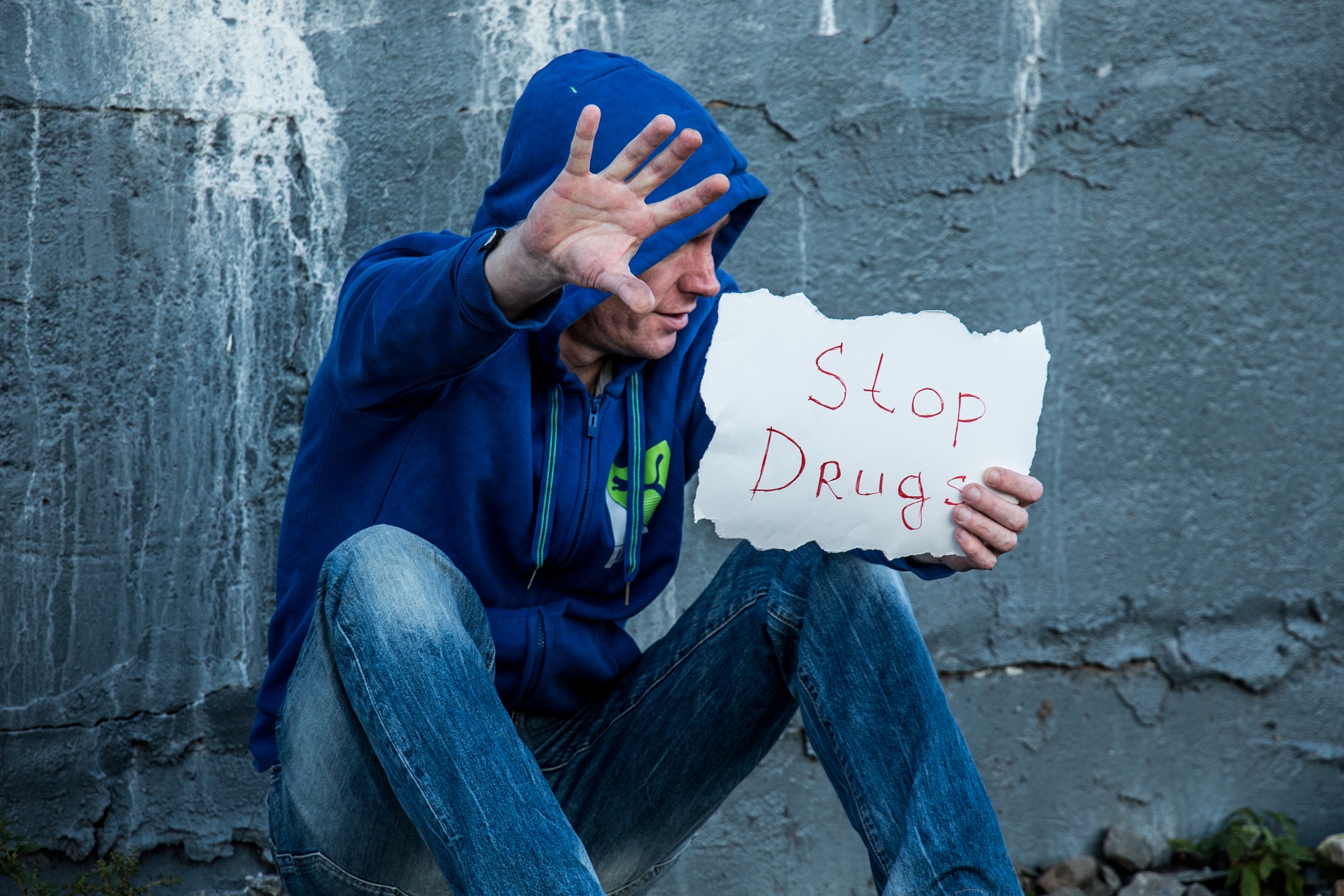In a study across 19 countries, it was discovered that 19 percent of the population wears some form of denture, that’s almost one in five people.
There are certain conditions that cause tooth loss, these include; tooth decay, mouth injuries, periodontitis, fractured teeth, and other conditions that can all lead to tooth loss.
Despite the fact that replacing a lost tooth can have a big impact on someone’s overall health, people frequently undervalue its importance.
The following issues may arise if a lost tooth is not replaced: Speech difficulty, gum disease, bone resorption, and low self-esteem.
While you may want to replace lost teeth to avoid any of these problems, you might be wondering what the cost implications might be. Read on to find out various options for your tooth replacement while not breaking the bank.
Choices For Tooth Replacement Treatments

Dental alternatives for tooth replacement are numerous. Among them are:
Overview
- Removable prosthetics
- Bridges
- Dental implants
1. Removable Dentures
Dentures are seemingly the most affordable replacement for a missing tooth as they are less expensive than dental implants or bridges. For those who have a few missing teeth, it is the ideal choice.
Removable dentures are comprised of high-quality materials that mimic natural teeth in appearance. If dentures become broken, they are simple to fix or replace.
Disadvantages of removable dentures
- Speech difficulties may result from removable dentures.
- Removable dentures require some getting used to; they can also be painful and make patients slobber more than usual.
- In general, dentures are delicate and can break if not properly cared for. Over time, the structure of the jaw may change as a result of removable dentures.
2. Dental Bridges
Another option for replacing missing teeth is dental bridges. It fills in the space left by missing teeth. Unlike dentures, dental bridges are firmly placed in the mouth and are not removable. They look fantastic and provide you with many options.
They look excellent and provide you with plenty of room to move around while eating and speaking. Additionally, it inhibits tooth movement and bone loss.
Dental bridges demerits:
- It is impossible to floss in between teeth when wearing dental bridges.
- An altered approach to oral hygiene is necessary when using dental bridges.
- Some dental bridges have the potential to harm healthy teeth.
- Dental bridges are more durable than bridges.
- It neither corrects nor stops bone resorption.
- The degradation of teeth may be accelerated by dental bridges.
3. Dental Implants
Dental implants serve as bridges for missing teeth; they are the best and only long-term choice to replace lost teeth brought on by trauma, cavities, or tooth decay. A dental implant’s sturdy foundation makes it long-lasting.
It stops bone resorption and doesn’t interfere with communication. Maintaining the implant’s health doesn’t require particularly strict oral hygiene.
Dental implants’ cons include:
- It is pricey.
- It needs significant surgery, which could take longer to recover from.
- There are more than two appointments needed for the operation. Up until your implant is well placed into your jawbone, you should schedule regular appointments with your dentist.
Conclusion
It is crucial to realize that the least expensive choice for replacing missing teeth today could end up costing the most in the long run.
As a result, the more expensive choice ends up being more affordable over time. Regardless, it is important that you discuss with your dentist arana hills to know which option is most suitable for you.
Read Also:






















